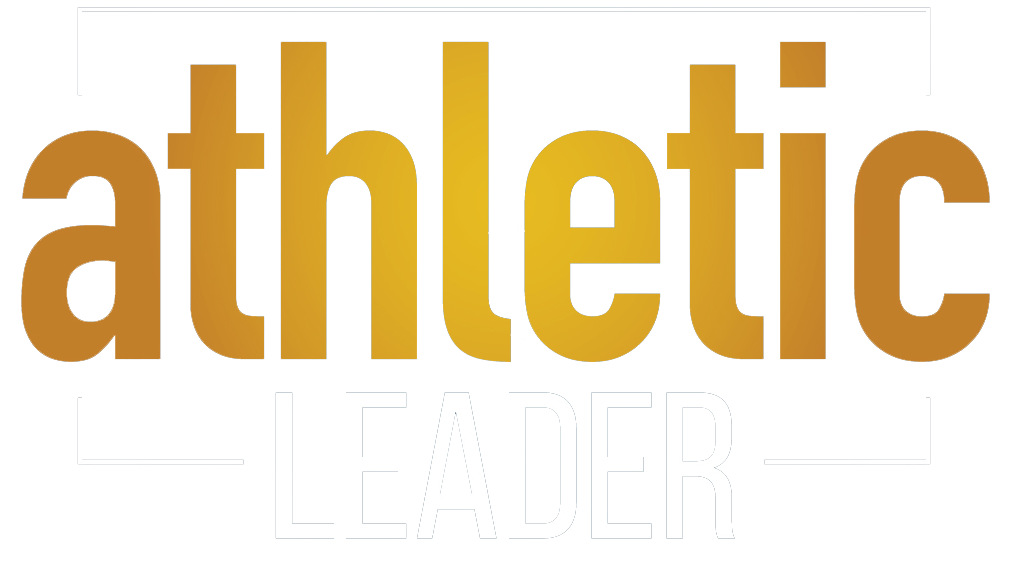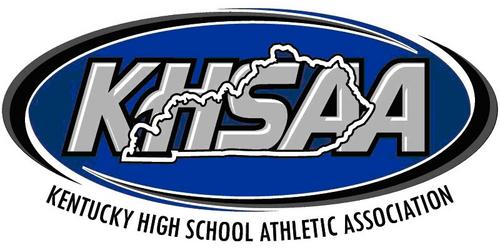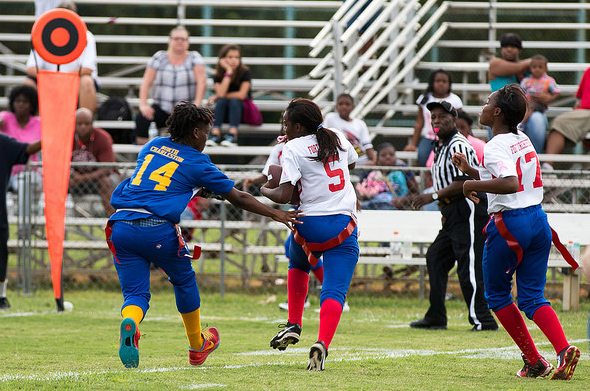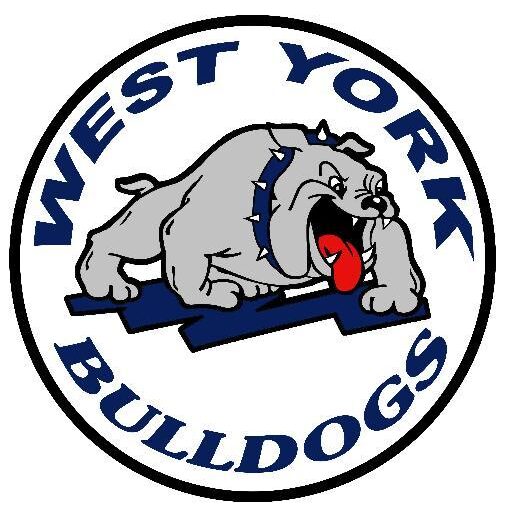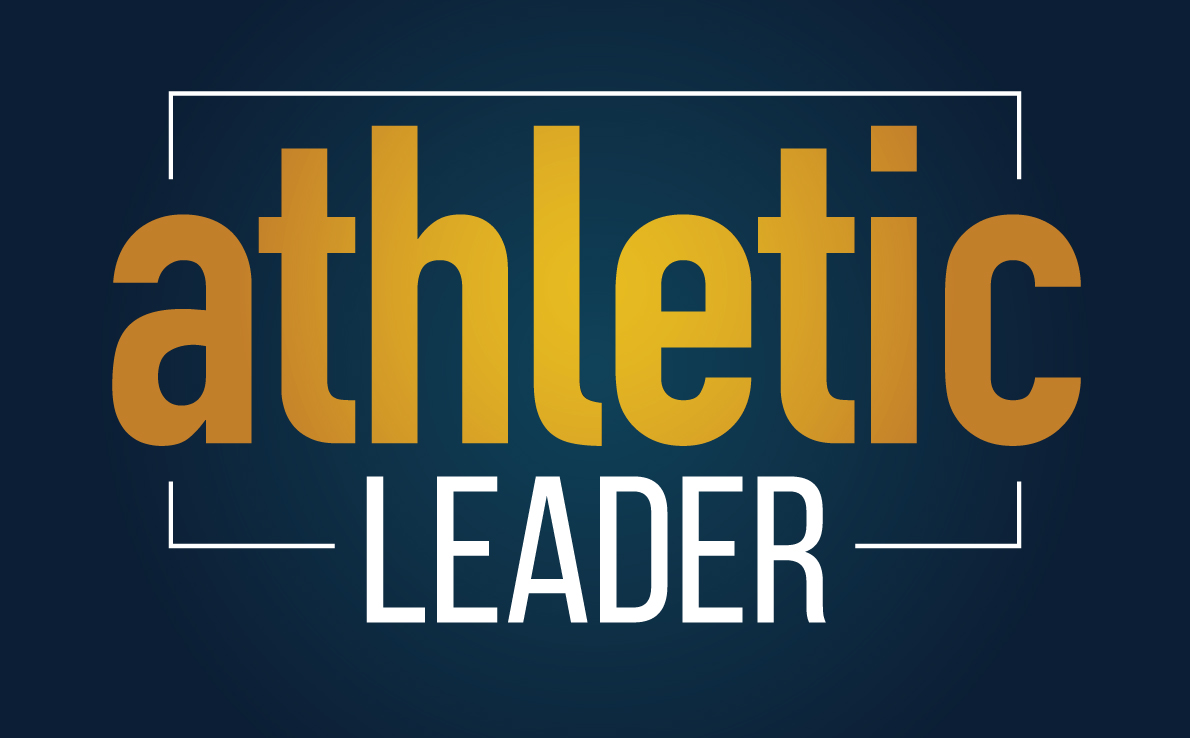NCAA Updates NIL Guidance to Schools to Remove Boosters from Recruiting Process
Board members emphasized continued support for the ability of student-athletes to benefit from their name, image, and likeness. The guidance is intended to provide clarity for those engaging in a rapidly evolving NIL environment, acknowledging that the environment will continue to evolve, and ongoing attention will be needed to ensure student-athletes are able to benefit from these opportunities.
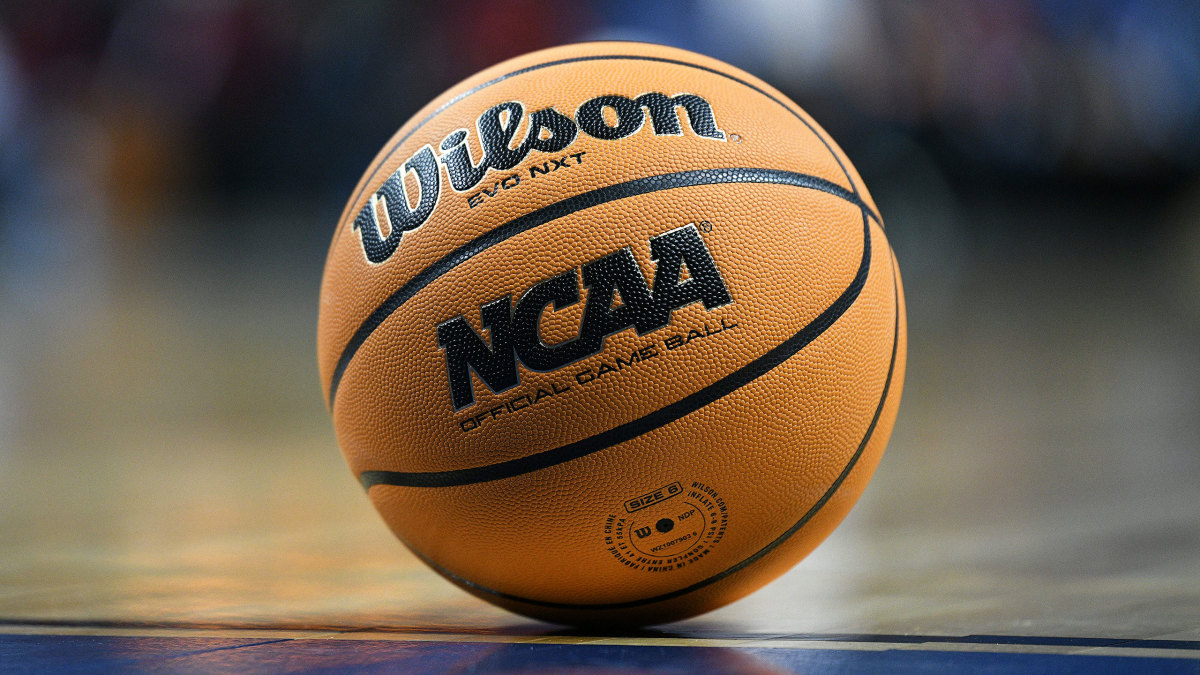 The guidance was developed by a task force of national leaders with student-athlete opportunities at the forefront of discussions. Specifically, the guidance defines boosters as any third-party entity that promotes an athletics program, assists with recruiting, or assists with providing benefits to recruits, enrolled student-athletes, or their family members. The definition could include “collectives” set up to funnel name, image, and likeness deals to prospective student-athletes or enrolled student-athletes who might be considering transferring. NCAA recruiting rules preclude boosters from recruiting and/or providing benefits to prospective student-athletes.
The guidance was developed by a task force of national leaders with student-athlete opportunities at the forefront of discussions. Specifically, the guidance defines boosters as any third-party entity that promotes an athletics program, assists with recruiting, or assists with providing benefits to recruits, enrolled student-athletes, or their family members. The definition could include “collectives” set up to funnel name, image, and likeness deals to prospective student-athletes or enrolled student-athletes who might be considering transferring. NCAA recruiting rules preclude boosters from recruiting and/or providing benefits to prospective student-athletes.
The guidance is effective immediately. For violations that occurred prior to May 9, 2022, the board directed the enforcement staff to review the facts of individual cases but to pursue only those actions that clearly are contrary to the published interim policy, including the most severe violations of recruiting rules or payment for athletics performance. Schools are reminded of their obligation to report any potential violations through the traditional self-reporting process.
“Today, the Division I Board of Directors took a significant first step to address some of the challenges and improper behaviors that exist in the name, image, and likeness environment that may violate our long-established recruiting rules. While the NCAA may pursue the most outrageous violations that were clearly contrary to the interim policy adopted last summer, our focus is on the future. The new guidance establishes a common set of expectations for the Division I institutions moving forward, and the board expects all Division I institutions to follow our recruiting rules and operate within these reasonable expectations,” said board chair Jere Morehead, president of the University of Georgia.
The board noted that the emphasis of this NIL guidance is on boosters in the recruiting process and is not intended to question the eligibility of prospective and enrolled student-athletes involved in NIL deals. Only the most serious actions that clearly violate the previously published interim policy would have eligibility implications.
The board adopted the interim guidance last summer with an understanding that they would consider further guidance as to the name, image, and likeness environment developed. This additional guidance is appropriate now as there is a better understanding of the impact on student-athletes. Board members also urged schools to investigate, detect, and self-report violations and cooperate with the NCAA enforcement staff as they investigate.
Board members acknowledged that more work must be done and asked the Division I Council to continue exploring additional measures to better ensure name, image, and likeness opportunities align with NCAA values and protect the well-being of student-athletes.
